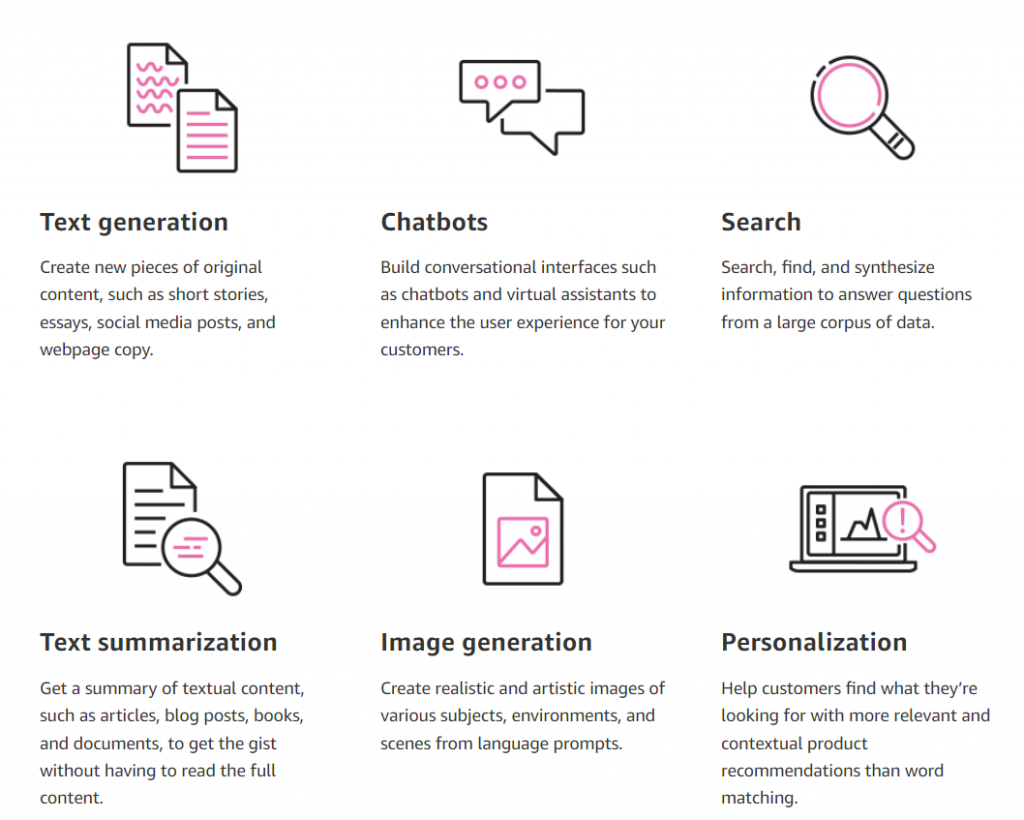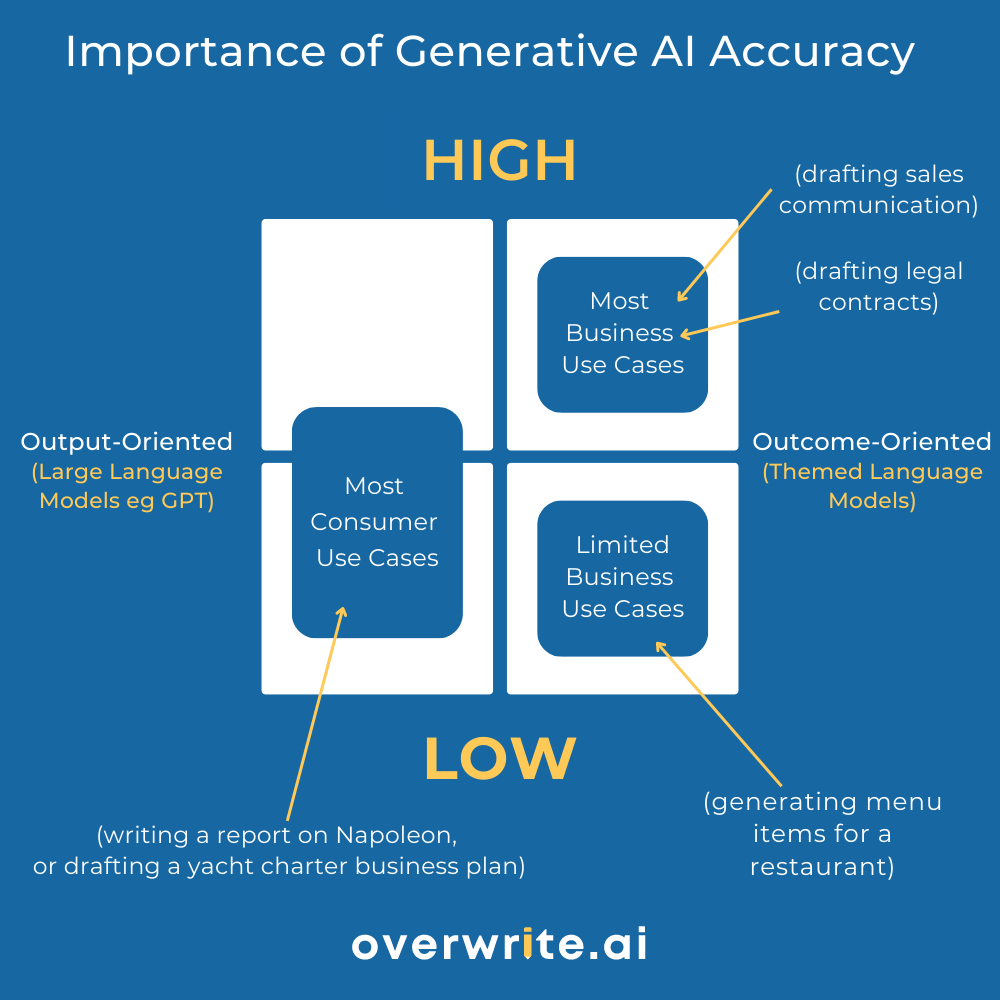Here are the top issues affecting real estate over the next year, according to CRE’s list.
“Additionally, the housing shortage and infrastructure issues continue to cause disruption.
This next year will be crucial to real estate. All eyes are on the future as we navigate these disruptions with a purpose for developing solutions.”
Each year, CRE surveys 1,000 real estate experts to gauge the emerging issues that could have the most significant impact on all housing sectors, particularly the commercial market.
“This past year has been challenging for some and opportunistic for others as the economy, office market and innovation continue to evolve and impact the market,” says CRE Global Chair William McCarthy.
Political unrest and the global economy.
- The real estate market is facing a turbulent economy and sagging office sector, which are exacerbated by inflation, slowing GDP growth, high interest rates, bank stress and rising geopolitical concerns involving Russia, China and elsewhere. “We still have mixed macroeconomic signals in the economy, which contributes to an overarching uncertainty on where things are headed,” the CRE report cautions. Still, these risks “don’t necessarily mean the sky is falling. However, it is critical to face the realities of the risks as real estate industry participants navigate key decisions and evaluate strategies.” The report calls for a micro-focused lens on the local landscape, since opportunities could vary tremendously from market to market.
The influence of hybrid work.
- Employers are recognizing that office space needs to become “destination-worthy” to bring workers back. This may even include hosting special events with food trucks that coincide with in-office days or creating patios and outdoor seating to help with employee retention. “If that property doesn’t check the box in some critical way—location, access, convenience, tenant amenities or even an amazing view—those owners need to start thinking about alternative strategies,” the report notes. In some cases, this could mean exploring reuse of obsolete office buildings as conversions into residential units, senior housing, health care facilities or hotels.
The housing shortage.
- The U.S. continues to face severe housing shortages, which has been pinned on decades of underbuilding. Research from the National Association of REALTORS® and Rosen Consulting put the housing deficit at 5.5 million units. Higher interest rates and ballooning construction costs are complicating calls for more multifamily units. The market for single-family homes also is facing higher costs. “The imbalance between supply and demand has contributed to a huge run-up in home prices in recent years, although pricing has started to stabilize—and even decline—in some markets,” the report notes. “Access to affordable housing has huge implications for real estate investors, economic growth, healthy communities and the need for people to live somewhere.”
Artificial intelligence.
- Access to real-time data, improved analytics and forecasting has become critical to investors as they weigh which properties they want to acquire, sell or hold. Artificial intelligence is helping to deliver that data, and recent advancements, including the much-hyped ChatGPT, are being applied to real estate. “The big innovations in commercial real estate will come not from ChatGPT but from the large number of proptech start-ups that are reimagining the idea of data collection,” the CRE report notes. “They’re incorporating mind-boggling amounts of data, and they’re adopting probabilistic frameworks to think about the future.”
The labor shortage.
- Finding skilled workers remains a challenge for numerous industries. The labor shortage has grown for a couple of reasons: an aging population of baby boomers who left the workforce in what became known as the “Great Resignation,” and new employment trends emerged among young professionals with unique views about the workplace. “The labor market has significant downstream implications for real estate,” the report notes. “Jobs drive demand for real estate, and populations also shift to where jobs are located.” Younger generations are choosing their lifestyle first and their job second—a reversal from previous generations. This is forcing employers to take note of migration shifts. Also, young professionals are showing a preference for entrepreneurship and remote or contract work.
Migration.
- Housing affordability has been a prime reason for migration shifts away from urban areas, particularly on the West Coast and in the Northeast, the report notes. U-Haul’s Growth Index shows the top cities for inbound moves over the year are in more affordable places like Ocala, Fla.; Auburn, Ala.; Surprise, Ariz.; Madison, Wis.; and Myrtle Beach, S.C. Businesses are following the migration patterns and relocating from high-cost states to the Sun Belt region or interior parts of the country. “That shift has significant implications for the real estate industry in terms of growth opportunities, as well as the challenges ahead for property valuations, surplus space and obsolescence created in areas where populations are declining,” the CRE report notes.
Real estate Armageddon.
- The economy, interest rates and inflation are making up what the report warns is a “real estate Armageddon.” The Federal Reserve’s funds rate is at its highest level since 2007 after a series of rate hikes over the past year. Owners, investors and developers across commercial real estate markets are feeling the effects of higher capital costs, tightened lending and the looming $1.5 trillion U.S. debt that is to mature by the end of 2025. Further, rising interest rates and high prices are shaking up both commercial and residential real estate markets, contributing to a decline in transaction activity. Urban economies may be at particular risk. “We are still in the throes of the late COVID era, and the disruption on major urban economies has yet to run its course,” the report cautions.
Supply chain, logistics and U.S. onshoring.
- The pandemic uncovered supply chain shortfalls, and companies are now reworking supply chain routes that once relied heavily on the West Coast. “The heart of America’s logistics infrastructure lies in the Golden Triangle,” the report notes, highlighting the interior section of the country that runs from the Great Lakes down to Texas and over to the mid-Atlantic. Charleston, S.C., is now the fastest-growing port in the country. “The remaking of supply chains coincides with a reshoring boom of manufacturing, and much of that growth is again focusing on the interior and southern states,” the report notes. The key drivers for new supply chain meccas are affordability, access to a growing workforce and logistics infrastructure, such as access to rail, roads and ports. This shift is creating “massive growth” and ushering in a “new e-commerce era” that is less reliant on urban areas.
Pricing reset.
- As costs for capital increases, cap rates and property values tend to decrease. However, the pricing reset the market has been waiting for has been slow to materialize, CRE notes in its report. “A key hurdle is that buyers and sellers are still in a standoff. Sellers are holding out for values at or close to what was achievable prior to the interest rate explosion. Meanwhile, buyers believe values are much lower based on higher capital costs.” Repricing, however, could have major implications on commercial real estate and financial markets and will continue to play out in the second half of 2023 and into 2024, the report says.
America’s aging infrastructure.
- The costs to repair and upgrade the nation’s aging infrastructure remains a concern. There’s money to help: $1.2 trillion in the Bipartisan Infrastructure Law and $783 billion in the Inflation Reduction Act. But CRE says it also creates an opportunity to rethink what types of infrastructure are needed. For example, the report notes: “Do you spend $5 billion to upgrade one regional power plant, or do you spend that $5 billion to build 20 smaller-scale decentralized power facilities? Those smaller facilities could be customized to generate power from alternative sources, whether it is solar, wind or waste, to energy, as well as change the way power is delivered.” The report also calls for local governments, cities, counties, private corporations, nonprofits, foundations and other associations to work together in helping to develop a new line of thinking about infrastructure at the local level that can support future population and economic growth.
This column does not necessarily reflect the opinion of overwrite.ai and its owners.
Melissa Dittmann Tracey writes for REALTOR® Magazine
This story has been published from an article in Realtor Magazine published on November 2023.
For informative news and views on the world of real estate, proptech and AI, follow overwrite on Instagram and LinkedIn, and keep up-to-date with our weekly NewsBites blog
About overwrite.ai
overwrite.ai is a pioneering, purpose-built real estate AI, creating engagement-oriented content for the real estate industry. overwrite.ai creates the marketing content that powers the real estate industries of the UAE, KSA, Egypt and Lebanon.
overwrite | real estate content creation, reimagined



































